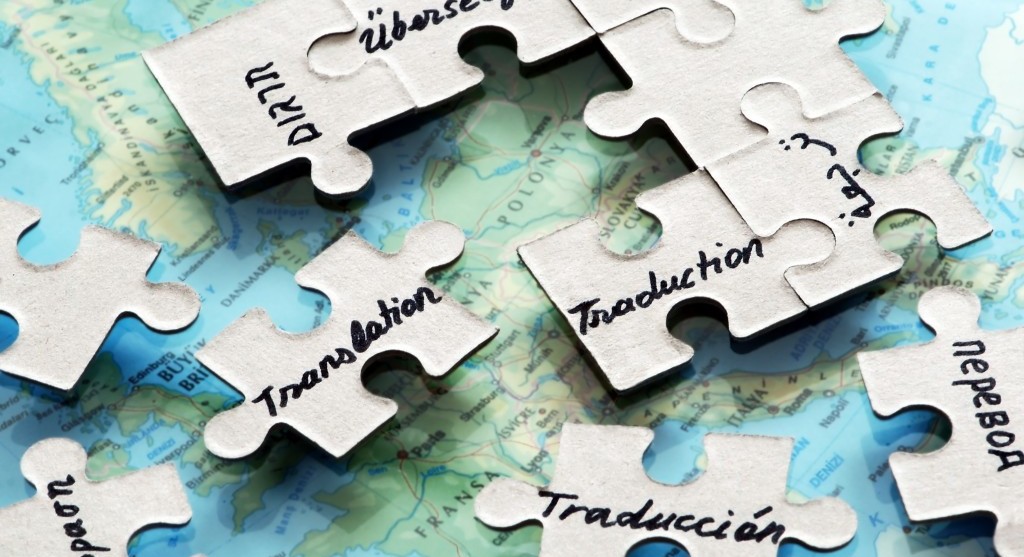What is Content Marketing?
We can understand what translation is, and everybody knows what is meant by marketing. But what about content marketing? What is the difference between this and plain marketing? According to the Content Marketing Institute “Content marketing is a marketing technique of creating and distributing valuable, relevant and consistent content to attract and acquire a clearly defined audience – with the objective of driving profitable customer action.”
To give as simple of a definition as possible, content marketing is a special form of marketing that aims at creating, publishing and distributing content for a specific target audience. Meaning it can target specific industries (energy, banking etc.) or groups of people (younger audiences, women, etc.). The content is usually marketed online through a variety of tools. These include e-books, webinars, social media networks, blogs, visual content, white papers, infographics, podcasts to name but a few. Businesses usually choose content marketing to expand their user base, increase online sales, create an online community of customers and users and increase or create brand credibility. It is used by many prominent organizations in the world, including P&G, Microsoft, and Cisco Systems. With all these definitions, we can now see how content marketing interacts with translation.
Problems that arise when Content Marketing is used in other environments
The very nature of content marketing, ie., the fact that is it used in online platforms, makes it easily and readily accessible to large audiences across the world (which is one of the reasons that major brands choose it). However, these audiences might not share the same cultural values, social norms and behavior or even language. This can be a major problem, because the content, whether it is in video form or on a social media platform, might be misunderstood or not understood at all. Because content marketing is targeted, if a video or a podcast was recorded in the United States, native speakers of English in Australia or the United Kingdom might understand the language, but the podcast will not have the same impact on them. Most of the audience will not understand the content at all (if they do not understand English) or will understand a little (if they have elementary or an average knowledge or English). For example, we have a Greek-native speaker or a Spanish-native speaker. These might have some competency in English, and could even be competent enough to understand the vocabulary and grammar of the entire content. However, they will probably be unable to understand the subtle linguistic shades that a native or near-native speaker does. If the business wants to have an impact and gain online customers among other languages and / or societies, it needs to translate and localize the marketing content it created.
Translation of Content Marketing
There is some good news. The nature of the translation and localisation industry makes it ideal for such tasks. Translators can now work online from any place in the world and new software tools can make the process easier and more effective than ever before. Translators can translate and localise the written content easily and fit it to the needs of the company and make sure it appeals to the target audience it was designed for. If the content is in video form or audio, then the translators can subtitle it, so a non-native viewer can read it. Translators also specialise in certain fields. For example, one translator may specialise in legal documents, another in the medical field, another in technical etc. This can be an advantage for corporations or organisations that wish to appeal to audiences in other languages and countries. If the content is meant to appeal to medical personnel for example, a translator / subtitler / localiser specialising in medical translations will be the ideal person to adapting the content, making sure it appeals to the target audience the corporation or organization wants to reach.



